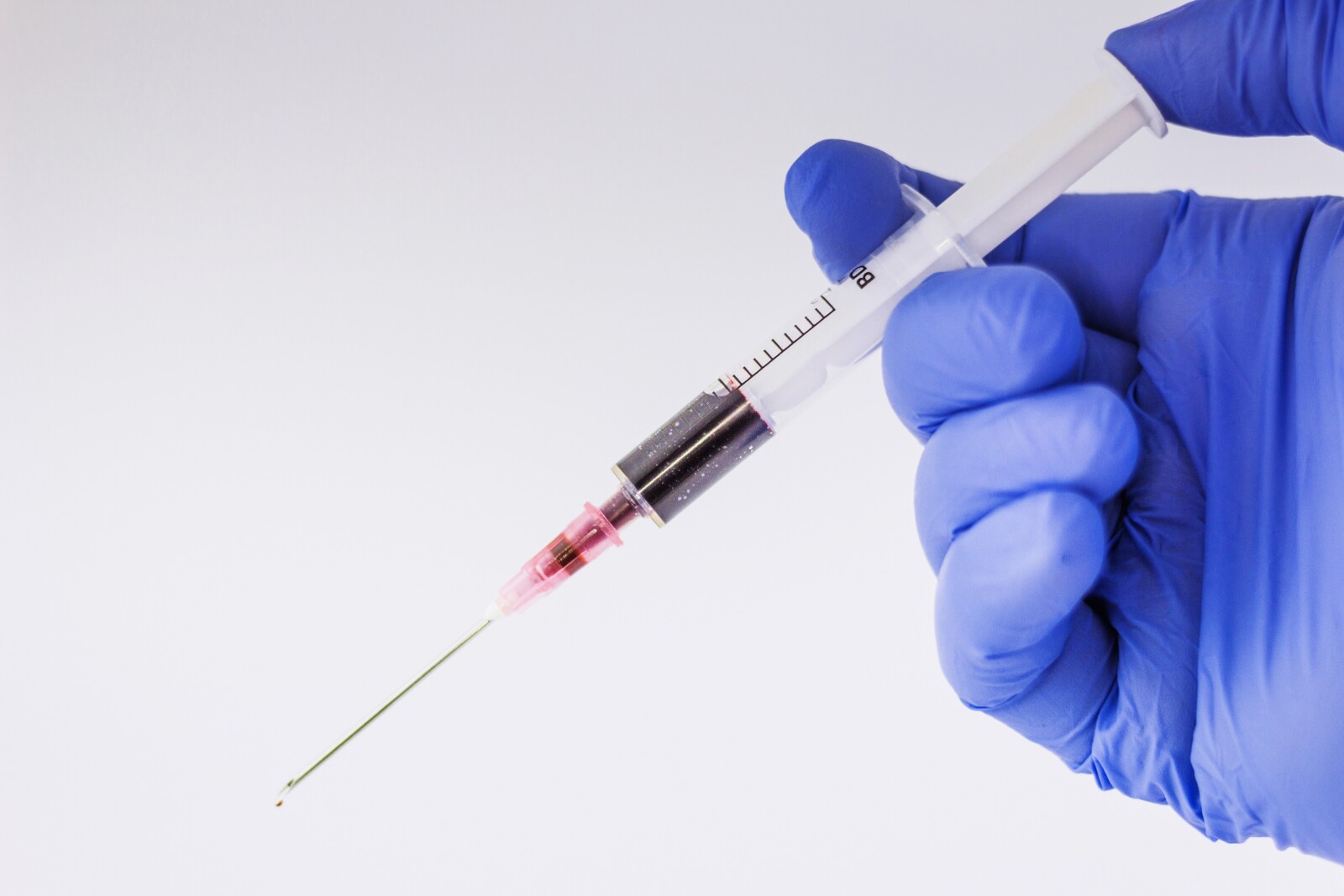Eliquis
Ironically, Eliquis, a life-saving blood thinner, was initially met with FDA resistance. Today, it's praised for its efficacy in preventing strokes and blood clots. Developed by Bristol Myers Squibb and Pfizer, Eliquis disrupts the blood clotting process by inhibiting Factor Xa. Despite its effectiveness, it carries potential risks, including significant bleeding. This article explores the purpose, dosage, interactions, and patient experiences related to Eliquis.

Key Takeaways
- Eliquis is a blood thinner prescribed to prevent strokes and blood clots.
- It is marketed as the most effective drug in its class at preventing strokes while minimizing bleeding.
- Eliquis is manufactured by Bristol Myers Squibb and Pfizer.
- The medication works by blocking Factor Xa, a key enzyme in the blood clotting process.
Understanding the Purpose of Eliquis
The primary purpose of Eliquis, Bristol Myers Squibb and Pfizer's renowned drug, is to effectively prevent strokes and blood clots by inhibiting a key enzyme, Factor Xa, involved in the blood clotting process. The science behind its development was anchored on the understanding of coagulation processes and the crucial role Factor Xa plays in it. This led to the creation of a medication that specifically targets and inhibits this enzyme, providing a focused solution to the prevention of strokes and blood clots. The benefits of Eliquis have been well-documented in numerous clinical trials, demonstrating its efficiency and safety. However, like any medication, it carries risks, particularly with long-term use. These risks can include an increased susceptibility to bleeding, which requires careful management and monitoring.
The Science Behind Eliquis
Delving into the science behind Eliquis, we must consider not only the complex biochemistry involved in its formulation but also the critical role of Factor Xa, an enzyme it specifically targets to prevent strokes and blood clots. Eliquis functions by inhibiting Factor Xa, disrupting the coagulation cascade and thus, preventing the formation of blood clots.
Exploring clinical trials reveals that Eliquis has shown a significant reduction in the risk of stroke and systemic embolism in patients with non-valvular atrial fibrillation. Understanding Factor Xa inhibition further, it's clear that the precise targeting of this coagulation factor by Eliquis provides an effective solution for stroke prevention, with a lower risk of bleeding compared to other anticoagulants. This innovative approach sets Eliquis apart in its field.
Manufacturers of Eliquis
Produced by Bristol Myers Squibb and Pfizer, Eliquis is a testament to their joint effort and expertise in the pharmaceutical industry, and it exemplifies their commitment to developing effective therapies for life-threatening conditions. Their reputation as manufacturers is upheld by their rigorous clinical trials and commitment to ensuring the efficacy of their products. The manufacturers' reputation is backed by decades of producing reliable pharmaceuticals. Despite initial delays in approval due to clinical trial errors, Eliquis has proven its worth and effectiveness in preventing strokes and blood clots. The manufacturers' dedication to quality and efficacy is evident in the drug's success. Eliquis continues to be a leading choice for clinicians, demonstrating the manufacturers' commitment to improving patient outcomes.
Role of Eliquis in Medical Treatments
Eliquis plays a pivotal role in medical treatments, particularly in the prevention of strokes and blood clots, and its effectiveness has led to its widespread use in the healthcare industry. This anticoagulant medicine significantly contributes to cardiovascular health by impeding the formation of dangerous clots in the blood vessels. The benefits of long-term Eliquis use include a reduced risk of stroke, especially in patients with atrial fibrillation. However, there are also risks associated with prolonged use, such as an increased likelihood of severe bleeding. It's vital to balance these benefits and risks with the patient's overall health profile. Doctors should also monitor patients regularly to ensure optimal results and manage potential complications.
Understanding the Dosage of Eliquis
To comprehend the dosage of Eliquis fully, it is crucial to consider both the patient's medical condition and their body weight, for these factors greatly influence the prescribed amount. Eliquis dosing guidelines recommend 5mg taken twice daily for patients with atrial fibrillation. However, a 2.5mg dose may be suitable for patients with certain characteristics. Postoperative patients, particularly those after hip or knee replacement surgeries, are often prescribed a 2.5mg dose for a defined period. Eliquis dosage management becomes complex in cases of deep vein thrombosis or pulmonary embolism, with the dosage varying depending on the treatment phase. It is crucial for healthcare providers to monitor and adjust the dosage based on the patient's response and tolerability.
Dosage Variations Based on Medical Conditions
In the realm of healthcare, the dosage of Eliquis can vary significantly based on an individual's specific medical conditions, and it is imperative to understand these variations to ensure effective and safe treatment. Patients with conditions such as kidney impairment or gastric ulcers may require adjusted dosing guidelines. For example, those with severe kidney impairment may be recommended a lower dosage. Treatment duration can also be influenced by the medical condition. Post-surgical patients may need to continue the treatment for a longer period compared to those using it for stroke prevention. These variations underscore the importance of personalized treatment plans in healthcare, as they help to optimize the benefits of Eliquis while minimizing potential risks. Always follow your healthcare provider's instructions for dosage and duration of treatment.
Navigating the Side Effects of Eliquis
While the majority of patients taking Eliquis experience minimal to no side effects, it is crucial to be aware of and prepared for potential adverse reactions, as they can range from mild discomfort to serious health risks. The benefits of Eliquis for stroke prevention are well-documented, including its ability to reduce the risk of stroke in patients with atrial fibrillation. However, like any medication, Eliquis can also cause side effects. The most common of these is bleeding, which can range from minor bruising to serious, life-threatening hemorrhages. Managing Eliquis side effects effectively involves regular monitoring, adherence to prescribed dosage, prompt reporting of any abnormal symptoms to your healthcare provider, and avoiding certain medications that may increase bleeding risk.
Dealing With Serious Side Effects of Eliquis
Addressing the serious side effects of Eliquis, such as life-threatening bleeding, requires immediate medical attention and careful management. It is of utter importance that healthcare professionals are swift in recognizing and dealing with these symptoms to prevent further complications. Part of managing Eliquis side effects may include the administration of an antidote, Andexxa, specifically approved for severe bleeding caused by the medication. In some cases, it may be necessary to explore alternatives to Eliquis, such as Warfarin or Pradaxa, which may pose fewer risks for certain individuals. These decisions should be made in consultation with a healthcare provider, weighing the benefits and risks of continuing Eliquis therapy. Patient education on recognizing severe side effects is also crucial.
Recognizing the Signs of Severe Bleeding
The ability to promptly identify the signs of severe bleeding is a crucial aspect for individuals taking the medication Eliquis. Recognizing symptoms early can make a significant difference in the outcome and potentially save lives. Symptoms to be aware of include prolonged bleeding from cuts, excessive nosebleeds, discolored urine or stool, unexplained bruising, and in severe cases, confusion or loss of consciousness.
Once these symptoms are identified, medical intervention should be sought immediately. Treatment options will vary depending on the severity of the bleeding but may include discontinuing the use of Eliquis, administering an antidote such as Andexxa, and in critical situations, hospitalization may be required. Knowledge and vigilance are essential in managing the risks associated with this medication.
Black Box Warnings: What They Mean for Eliquis Users
In relation to Eliquis, an understanding of black box warnings is crucial, and for users of this medication, these warnings signify potential risks that require careful attention. Black box warnings are the most serious type of warning issued by the Food and Drug Administration (FDA), indicating severe or life-threatening side effects. For Eliquis, these warnings denote two potential risks: an increased risk of spinal or epidural blood clots and an increased risk of blood clots, stroke, or pulmonary embolism if the medication is abruptly discontinued. Effective management of black box warnings involves adhering strictly to the prescribed dosage and schedule, regular monitoring by healthcare professionals, and immediate reporting of any adverse symptoms. This vigilance helps optimize safety while reaping the therapeutic benefits of Eliquis.
Potential Risks of Stopping Eliquis
While Eliquis is effective in preventing strokes and blood clots, abruptly discontinuing its use can pose serious health risks. One of the major risks of discontinuing Eliquis is the potential for increased blood clotting. This could lead to life-threatening conditions such as stroke or pulmonary embolism. In fact, the drug carries a black box warning highlighting these risks. Additionally, after long term use of Eliquis, abrupt cessation can cause a rebound effect, leading to a higher than normal risk of clotting. As such, it's crucial to consult a healthcare provider before making any changes to the Eliquis regimen. They can provide guidance and propose a safe plan for discontinuation if necessary, to minimize potential adverse effects.
Interaction of Eliquis With Other Medications
Understanding the drug-drug interaction, a crucial aspect of medication management, and recognizing that Eliquis may interact with other drugs can help prevent potential complications or diminished effectiveness of the treatments. Potential drug interactions with Eliquis can increase bleeding risks or impact its anticoagulant effectiveness. Drugs such as aspirin, nonsteroidal anti-inflammatory drugs (NSAIDs), or other anticoagulants could amplify its effect, leading to excessive bleeding. Conversely, certain anti-seizure medications or St. John's Wort may reduce Eliquis' efficacy, increasing clot formation risks. The common side effects of these interactions often relate to improper blood clotting. Management generally involves adjusting Eliquis dosage or closely monitoring the patient's condition. Always consult a healthcare provider before starting or stopping any medications while on Eliquis.
The Effectiveness of Eliquis Compared to Other Blood Thinners
Eliquis measures up favorably against other blood thinners in terms of effectiveness and safety, but it's vital to consider individual patient profiles and potential drug interactions. When comparing Eliquis with Warfarin, a well-established anticoagulant, Eliquis shows a lower risk of severe bleeding and is easier to manage due to its predictable response and fewer interactions. Furthermore, unlike Warfarin, Eliquis does not require regular blood monitoring, significantly enhancing patient convenience. The benefits of Eliquis over other blood thinners also include a lower incidence of intracranial bleeding and fatal bleeding. However, while Eliquis appears to have notable advantages, it's crucial to remember that the best choice of blood thinner depends on the patient's specific health status and risk factors.
Legal Issues and Controversies Surrounding Eliquis
Despite its effectiveness as a blood thinner, Eliquis has been the subject of numerous lawsuits and controversies, primarily due to allegations of severe, uncontrolled bleeding. Patients and their families have claimed inadequate warnings, and in some cases, the inability to reverse the drug's anticoagulant effects, leading to fatal outcomes. These legal implications have prompted legal action from those affected. Numerous lawsuits have been filed against Bristol Myers Squibb and Pfizer, the manufacturers of Eliquis, alleging failure to warn about the risks and negligence in the drug's development and marketing. The controversy surrounding Eliquis underscores the ongoing tension between pharmaceutical innovation, patient safety, and the legal recourse available to those who suffer severe side effects from their medications.
Patient Experiences and Testimonials About Eliquis
Personal accounts and testimonials from patients provide invaluable insights into the effectiveness of Eliquis, and also highlight potential challenges and side effects associated with the medication. Many patient testimonials underscore the drug's reliability in preventing strokes and blood clots. However, several accounts also detail instances of prolonged bleeding and bruising, underscoring the medication's primary side effect. Some patients have also reported experiencing minor gastrointestinal issues while on Eliquis. Although these side effects are generally manageable, they have occasionally led to discontinuation of the medication in some cases. Overall, patient experiences suggest that while the effectiveness of Eliquis in preventing strokes and blood clots is high, potential side effects should be closely monitored and addressed promptly with healthcare providers.
Frequently Asked Questions
Is Eliquis Safe to Use During Pregnancy or Breastfeeding?
When assessing the safety of medication use during pregnancy or breastfeeding, several factors must be considered. These include the specific dosages prescribed and the potential side effects, which should be closely monitored. As it pertains to Eliquis, this medication's effects on pregnancy and breastfeeding have not been extensively studied. Therefore, it's paramount that healthcare professionals weigh the potential risks and benefits before prescribing this drug to pregnant or breastfeeding women.
How Does Eliquis Affect Blood Pressure?
While it may seem counterintuitive, a medication that thins the blood can indirectly influence blood pressure. Eliquis, a potent anticoagulant, does not directly affect blood pressure. However, its side effects such as bleeding could potentially lead to low blood pressure. Dosage adjustments might be necessary under a healthcare professional's supervision to prevent severe side effects. Therefore, it's crucial to monitor blood pressure regularly while on this medication.
Are There Any Dietary Restrictions or Lifestyle Changes Recommended When Taking Eliquis?
When prescribed any medication, understanding potential dietary restrictions or lifestyle modifications is crucial. For individuals on blood thinners, regular exercise is often encouraged. However, care should be taken to avoid activities that risk injury and subsequent bleeding, a known side effect of such medications. Furthermore, certain foods may interact with blood thinners, so a balanced diet, approved by a healthcare professional, is recommended. Always consult your healthcare provider for personalized advice.
Does Eliquis Have Any Impact on Kidney Function or Liver Health?
The impact of medications on kidney function and liver health is a crucial aspect of patient safety and treatment efficacy. Specifically, for drugs like Eliquis, dosage adjustments may be necessary for patients with impaired kidney or liver function. It is important to note that these patients may also have an increased risk of bleeding. Therefore, regular monitoring of the liver and kidney function, as well as being aware of potential Eliquis allergies, is essential for maintaining overall health.
How Does Eliquis Interact With Alcohol Consumption?
As the adage goes, "moderation in all things," this holds true when discussing alcohol consumption and its potential interactions with medication. It's crucial to understand that alcohol withdrawal effects can be severe and potentially dangerous. Concurrent use of alcohol and medications such as Eliquis may require dosage adjustments. Alcohol can intensify the blood-thinning effect of Eliquis, increasing the risk of bleeding. Therefore, it's advisable to consume alcohol in moderation, if at all, while on this medication.
Conclusion
In sum, Eliquis presents a potent therapeutic approach to the prevention of strokes and blood clots. Despite its associated risks and controversies, its effectiveness and unique mechanism of action, blocking Factor Xa, has cemented its position in medical treatments. Interactions with other drugs underline the necessity for careful prescription. Patient testimonies further reinforce its efficacy, painting a vivid picture of a medication that, despite its trials, has proven essential in the battle against blood-related ailments.

This post has been generated by AI and was not reviewed by editors. This is Not legal advice. Please consult with an attorney.




